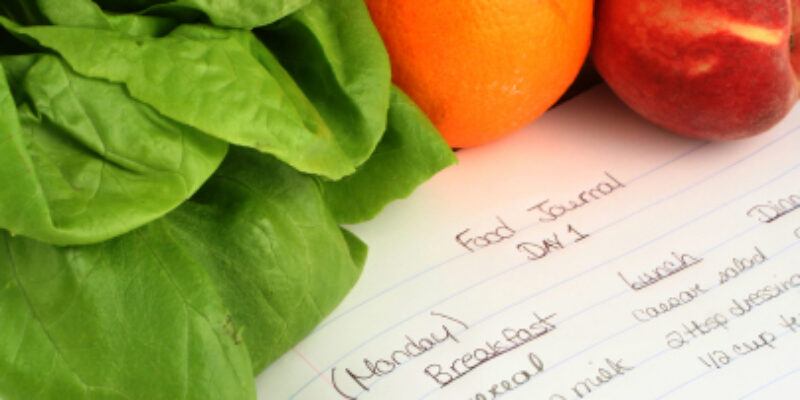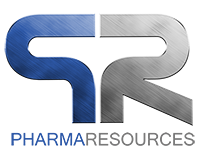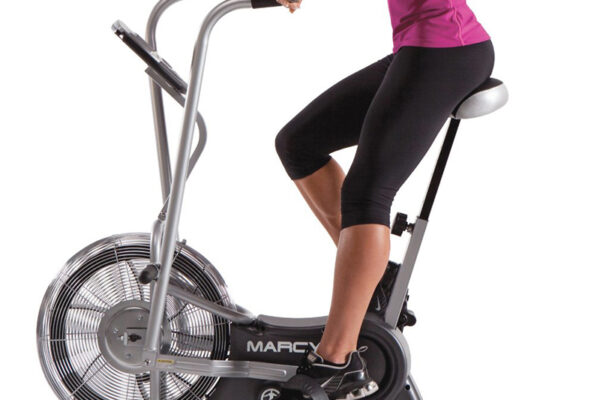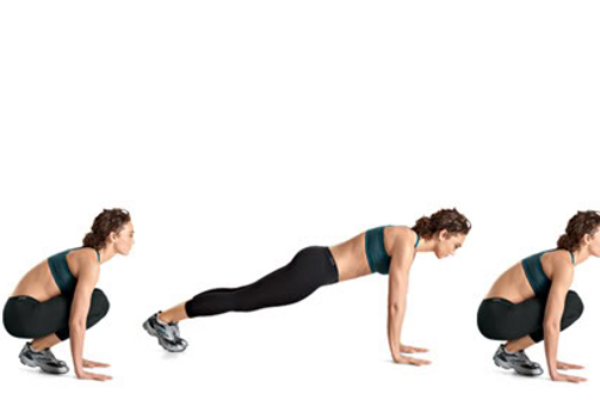Write Off Pounds: Get Your Food Diary Started

Start Recording
The crucial info to write down: the time you ate, what you ate, and how much you ate. Make a habit of jotting notes right after you eat. “If you wait until the end of the day, it’s too easy to leave things out,” warns Suzanne Farrell, R.D. Tracking your diet online? Remember to take paper with you to restaurants, so you can write down every ingredient and calculate its nutritional content afterward.
You may also want to invest in measuring cups — they’ll help you learn what a one-and-a-half-cup portion looks like (it’s a lot less than you think) — as well as a calorie-counter book and a calculator. Armed with these tools, you can track your calories like a nutritionist would.
Get Personal
Customize your diary so it reflects the info that’s most useful to you. For example, if you’re someone who eats whenever food is in front of you, create columns in your journal to rate how hungry you were before and afterward. If you snack your way through hard days, add a column to describe how you were feeling when you ate. Trying to figure out when you’re most drawn to junk food? Record where you were when you indulged and what was going on at the time. Also, if you’re trying to break a specific habit, like scarfing down ice cream at night, create a column for that, so you can give yourself a star for each day you resist the urge.
Be Honest
Include every single bite, lick, and taste (anything larger than a crumb counts). And don’t forget to keep track of your sips. Even the most diligent diarists often forget to include the glass of white wine they had at dinner (120 calories) and their 3 p.m. can of Coke (155 calories).






